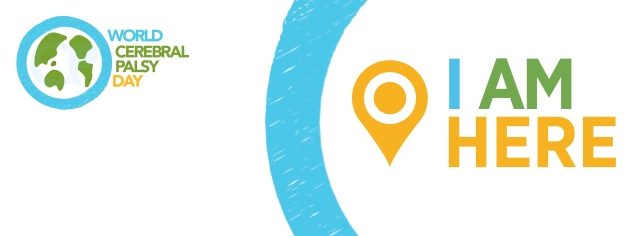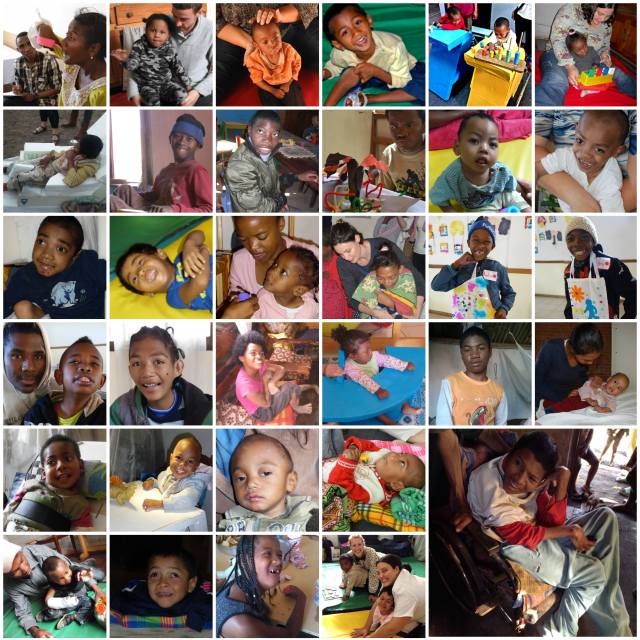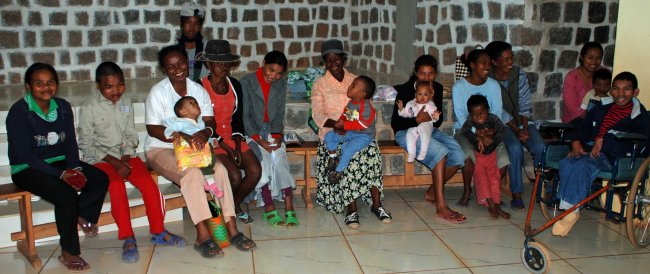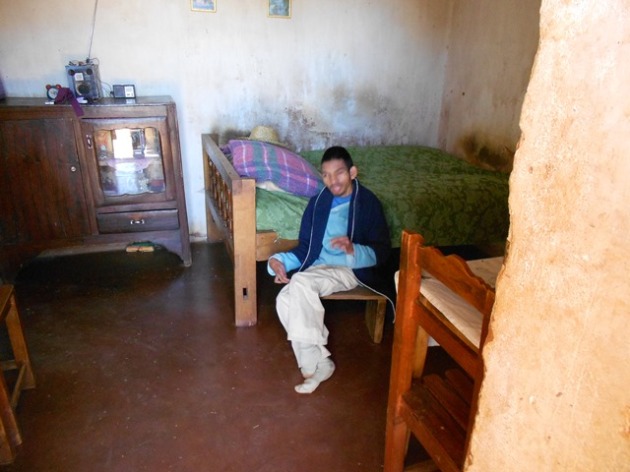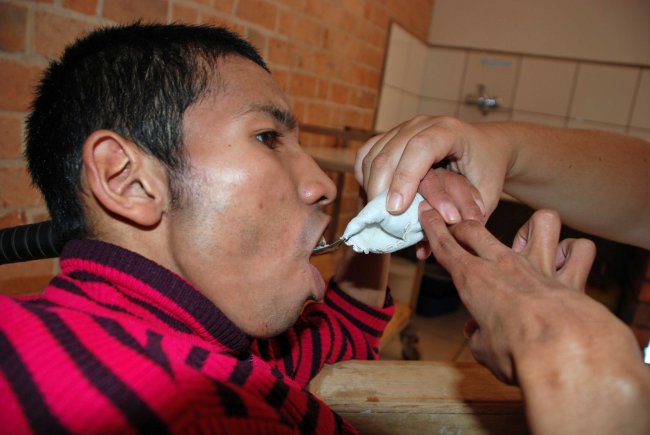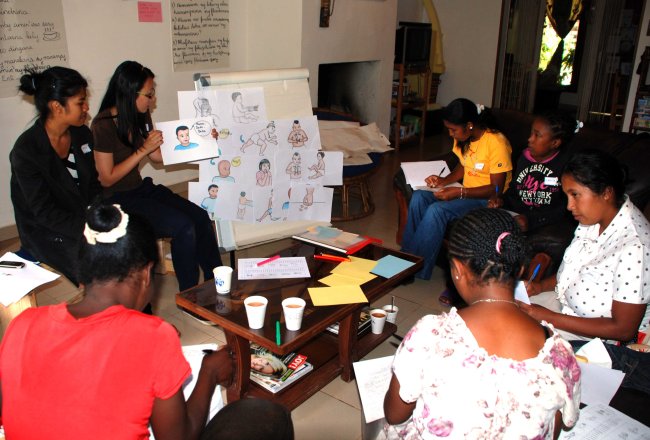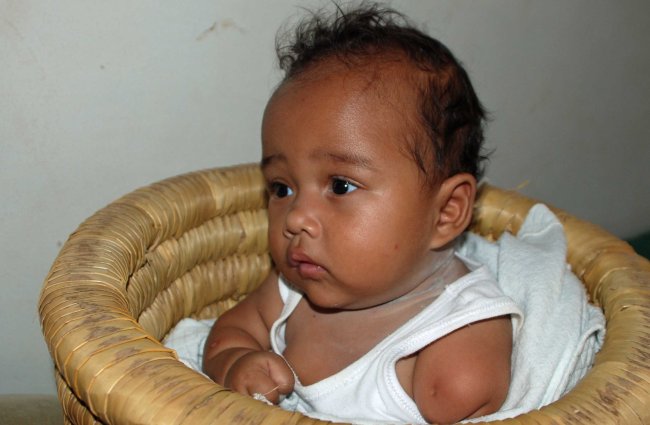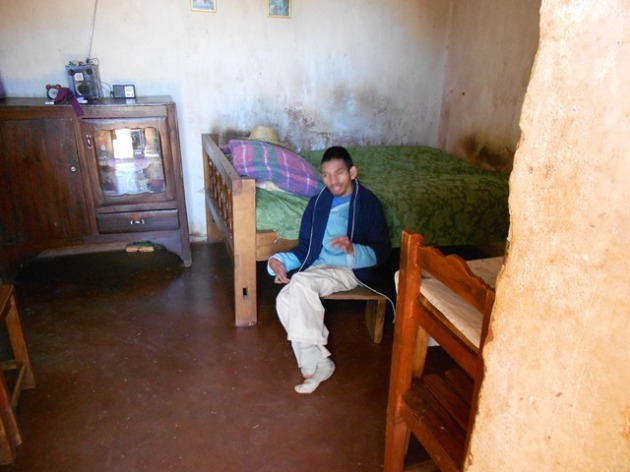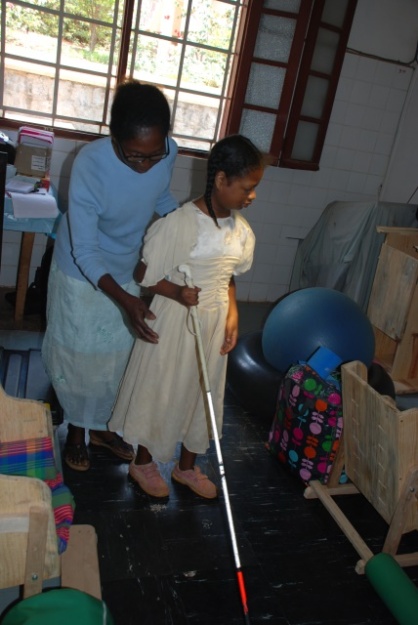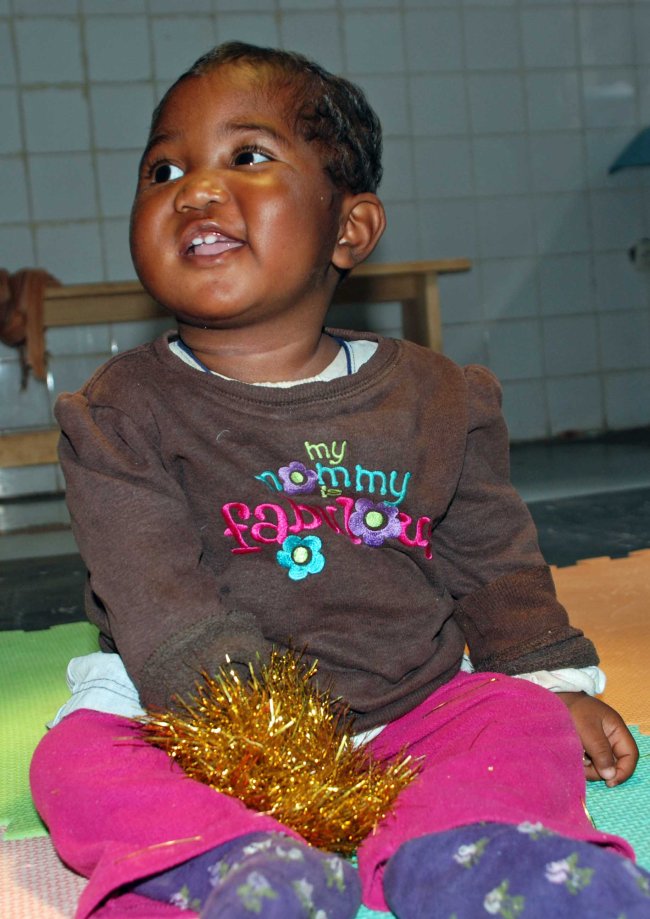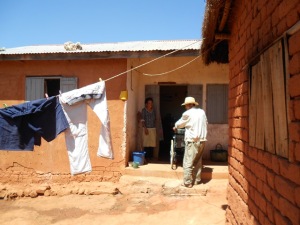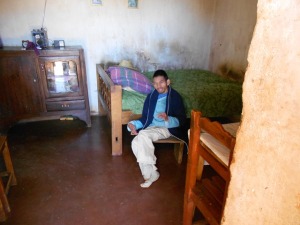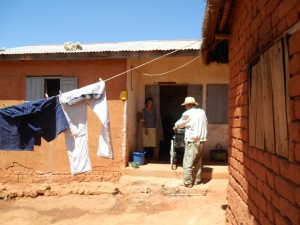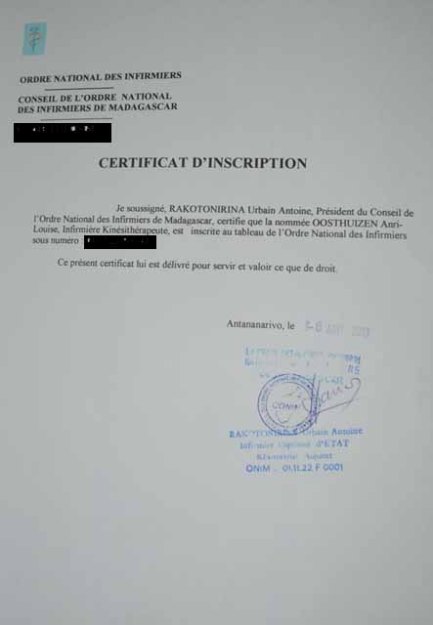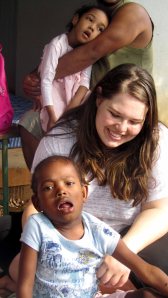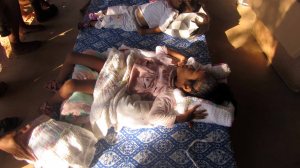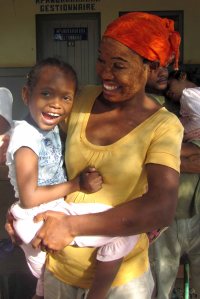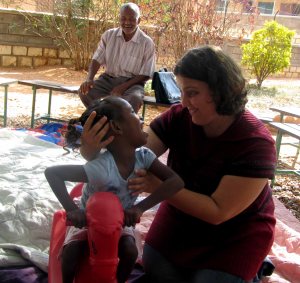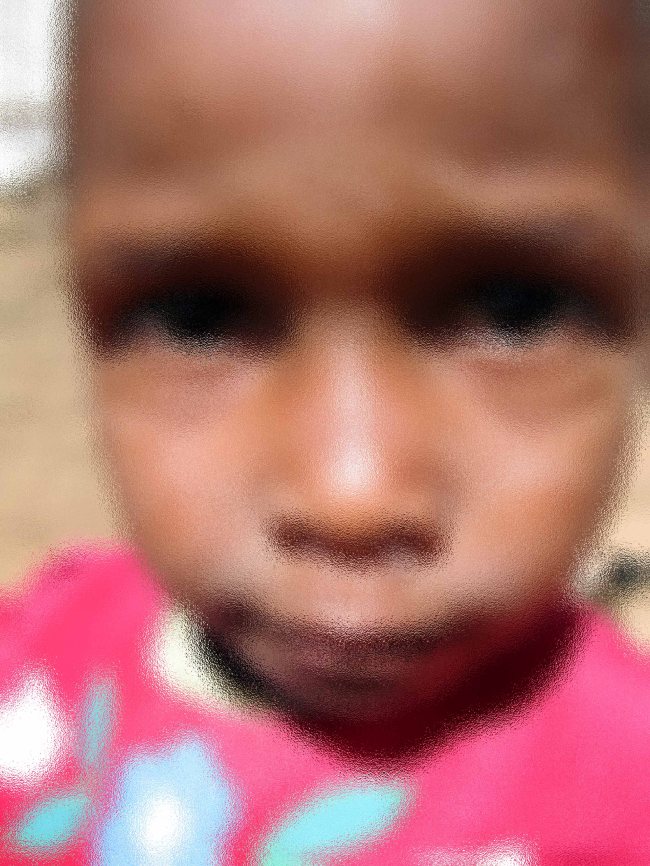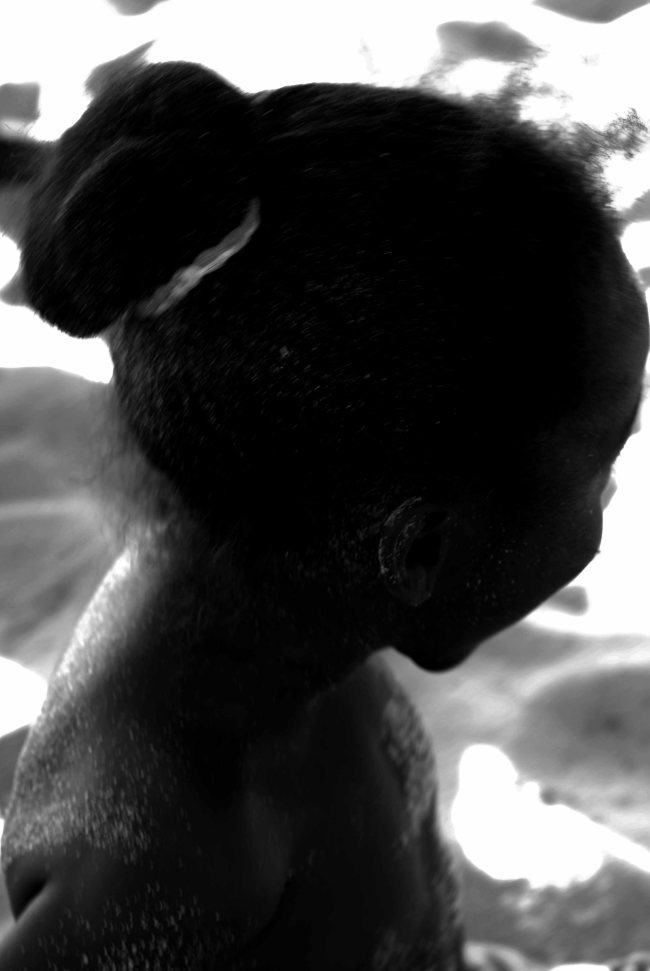I feel that it is time to tell the story …
Once upon a time, an 11 year old girl read a book. A single sentence spoke about an occupational therapist helping children who had lost their limbs in a tragic accident. Her heart beat in her chest, and she knew … this is something worth my life. She convinced her father to let her apply for OT, rather than engineering. Day one, sitting in the class, dreaming of starting occupational therapy in foreign lands, a slide popped up, showing all the countries of the world that already had OT. She felt shattered. The whole world already had OT. This dream of starting OT in a foreign land was not meant to be. That was 1998.
11 years later friends of mine moved to Madagascar to take over the leadership of a church, and I felt the stirrings of God. I landed in a teaching position, with 2 years of delightful 3rd graders, settling on an island which I truly hated at that time. Yes, hate is a strong word. And yes, I hated being in Madagascar. The culture shock, coming from South Africa, was incredible. I could not understand people’s ways of not saying things, or of using words conveying one verbal queue to give a completely other message. (You have to live here to understand it).
I got to the end of my first two years here, many a faithful friend telling me to leave, and move to a place I would be happy in, “because God wants us to be happy”, and found myself at a dreadful standstill. I hated Madagascar. And had no sense of God moving me on to something else. I cried out to Him, “Lord, I have no skills. I have nothing to give. The only thing in my hands is occupational therapy. What must I do with it?”
I had two options in front of me, starting a private practice, or returning to that shattered dream of 1998, starting Occupational Therapy in a country where it does not yet exist.
